The fact that we, as a society, have not always lived up to those ideals and expectations doesn’t alter the fact that we say we are supposed to practice what we preach. But it IS in our power at least to make some effort in that direction, and that’s what I would wish for at Thanksgiving time. We SAY that Thanksgiving is all about giving thanks that everyone is free from want, mistreatment, and injustice. Unfortunately, that doesn’t seem to be the real case. Of course, one COULD argue that the whole premise of Thanksgiving has, largely, been pretense since its inception.
The “First” Thanksgiving was a three-day Puritan festival in October of 1621, near the Plymouth colony in Massachusetts. (That is, unless you accept the idea that it really was in 1607 (or possibly later?) in Virginia, as some Virginians claim.) In any event, it was a quasi-religious celebration of the fact that some (mostly English) people had lived through crossing the Atlantic to North America; survived here for about a year and felt it necessary to give thanks for that fact. It is believed that there were 90 “Native Americans,” and 53 surviving colonists present at that “first” Thanksgiving. The natives were invited because they had provided assistance to the colonists, without which most believe (and believed) they would not have survived.
Now, I have to be grateful for the fact that John Alden and Priscilla Mullins had survived both the crossing and the first year of settlement at Plymouth. The rest of the Mullins family hadn’t made it and John Alden, who had hired on as a member of the ship’s crew had decided to remain as a colonist. John and Priscilla eventually married, and I am a descendent of theirs (but that’s a story for another time). By the way, one of their children, also named John Alden, was accused of witchcraft during the Salem Witch Trial times, a number of years later, but he got away, unlike Martha Carrier, my 8th Great Grandmother, who has hanged during the Salem “Witch” Trials on Aug. 19, 1692. But I digress, again.
Eventually, with assistance from the local “Native Americans” the colony became established and proceeded to expand into territory which placed it at odds with the “locals” who had helped them survive that first year. What with the enhanced firepower of European weaponry and the importation of European disease, the impact on those “locals” was devastating, and numerous wars broke out and would become a major portion of the history of colonial (later American) expansion, not just in New England, but throughout the entirety of North America.
Eventually, of course, the “Native Americans” would be confined to inadequate reservations on, generally, poor land and their way of life and languages would be largely destroyed. Many of those people would be killed by accident, or through the “benevolence” of those of European heritage who felt it was their “right” to dominate them because they (the settlers) were “civilized” (by their standards), “educated” (by their standards), Caucasians of European (dominantly British at first) extraction and, therefore, it was “God’s will” that they run the world as they were superior to others by virtue of their own self-defined superiority. This “right” also justified the capture and importation of slaves from among the “inferior” peoples of the world to do much of the manual labor which was needed to support the “superior” class. Since such people weren’t OF that class, they could (and were) merely seen as property, not as “real” people, at all. It’s important to note that such ideas were not just limited to the southern colonies, as all too many “Yankees” would have you believe today. No, slaves existed even among the Puritans of New England, at least for a period of time.
Still, I am thankful at Thanksgiving that some of that group of colonists would eventually become “enlightened” enough to wish to throw off the reins of “Royal England” and establish the United States. (Note: this process is, properly defined as “Treason,” but history is always written by the winners, so we now call it “patriotism” and those people “The Founding Fathers.”) In doing so, they created some of the most amazingly idealistic and wonderful documents ever conceived, at least in my opinion. (As literature, I would suggest that they are clearly “Romantic,” although quite early for that movement.) Those documents were an attempt to establish an idealistically democratic system of government of a nature previously unheard of in human history. They didn’t do too bad a job in writing them, according to their understanding of reality at that time. And they do read very nicely.
Unfortunately, their notion of reality did not provide for the idea that men who didn’t own property, women, or those humans who were owned as property should have rights, as they were not considered “people” who could be trusted with the rights of citizenship. That exalted rank should be confined to those capable of understand how to use those powers “properly.” In other words, they were not civilized, educated, male, Caucasians of European extraction. I confess that I’m not very surprised by this, as that was, in fact, the accepted notion of reality at the time, at least by those with the power to run things.
I hasten to state that I don’t think this is how things should be viewed today, but I also don’t believe that we should discard the good things these people said (or did), because they don’t seem to have held up to be the God-like creatures we have tried to make them into in our American mythology. No, they were, of course, simply human beings trying to move forward towards what they believed would be a more desirable future for all people, as they understand the concept of “people” to be. Unfortunately for their memory, the general definition of what constitutes “people” has changed a bit in 200 years. I don’t think that’s their fault, just the fact that our view of the world has changed, or at least we SAY it has.
My thinking about these things was stimulated by the controversy over the removal of the names of the “great generals of the Confederacy” (which some have referred to as “our heritage”), from military installations and their statues from public parks, etc., because they defended slavery, which most of us now suggest was not a good thing. I would suggest that removing those names and statues might well be appropriate but doing that is more correctly justified because they committed treason against the United States than just because of their opinions about slavery. (See Article III, Section 3 of the U.S. Constitution.) After all, rightly, or wrongly, slavery was accepted in the original version of the Constitution. We should not deny the reality of our history, but “honoring” those defined as treasonous to their oath to the Constitution makes no sense whatsoever.
I’m also intrigued by the idea that there are some who say that the “original intent” of the Constitution, applying the understanding of it at the time of its writing, should be honored in all cases. I find it amusing that some (especially women and Blacks) of those who support this notion would choose to do so, as the “original intent” clearly would not provide for them to be citizens, let alone on the Supreme Court where that idea comes most clearly into play. That’s an entirely different point, however, as I think even those folks would argue that the definition of Treason is pretty clear. “Honoring” treason by anyone at any time seems inappropriate, at best.
To get back to Thanksgiving, I’m thankful that we, as a people, are capable of rethinking the ideas of the past and, at least occasionally, modifying our expectations to express our awareness of the idea that reality is not fixed, but can change in response to new (or reexamined) information. I’m thankful for our Founding Fathers, whatever their faults. They may not have always lived up to the ideals they espoused by the standards of today, but they expressed them pretty well and gave us something to aim for. I don’t think we can claim to live up to them completely, ourselves, but I’m thankful that we try.
Even if you are not a devout believer in some external, divine power, however, I think that it’s still wise, every so often, to stop and consider that, as imperfect as the world (and we, its people) is, we have things which we can celebrate and be grateful for: family; friends; pets; life, itself. COVID-19 may have made things harder at the moment, but all one has to do is to consider that there ARE people trying to make this a better, safer world for all of us to understand that there are things to be thankful for.
So, take a little time during this season, to sit quietly and consider what you can be thankful for. It’s a pleasant exercise and is probably good for you.
I’m thankful for you.
LLAP,
Dr. B
P.S. Putting your thanks into action by helping to feed the hungry, clothe the naked, and shelter the destitute isn’t a bad idea as a way to SHOW your thankfulness. Think about what you can do. Most of us can do something.
P.P.S. If you can’t do anything else, WEAR A MASK! I’d prefer that your faith in medical advice from someone with just a B.S. in Econ didn’t cause me, or my loved ones to get sick and, possibly, die. I will be thankful to you, if you consult with medical personnel.
P.P.P.S. I also feel that I should point out that we should always be thankful for our families and friends. They may drive us crazy at times, but they are still ours. See this Dustin strip below:
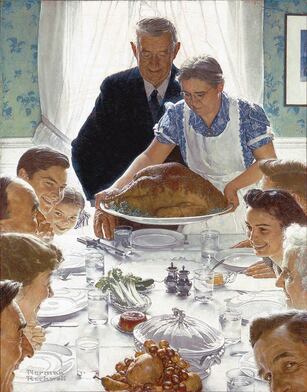
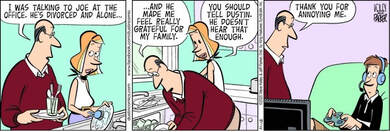
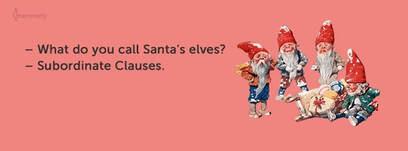
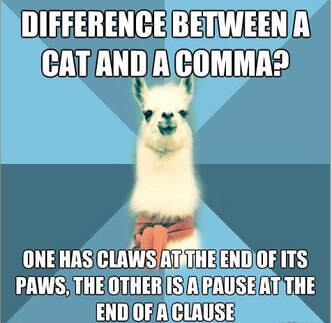
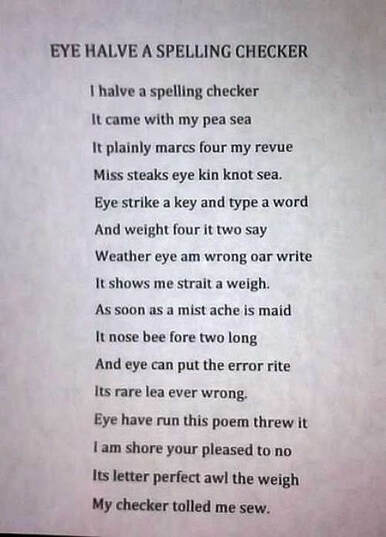

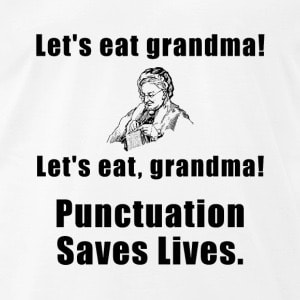
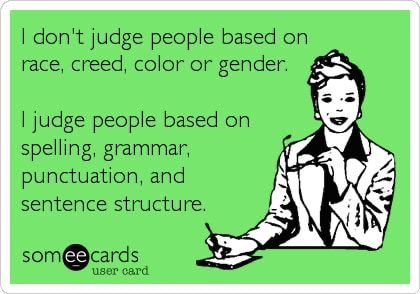


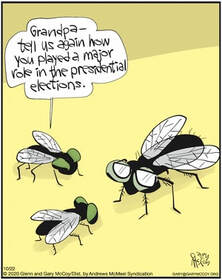
 RSS Feed
RSS Feed